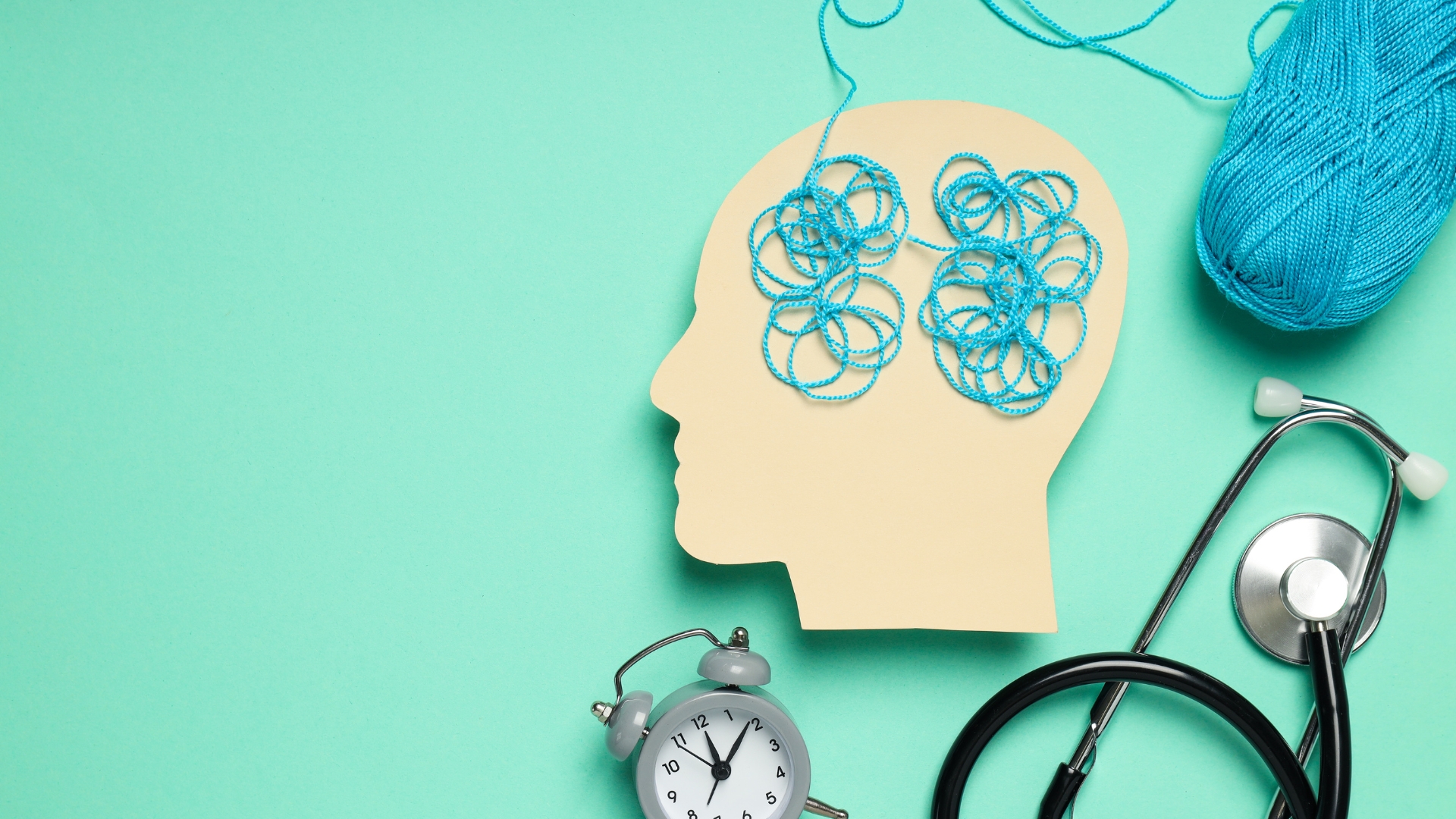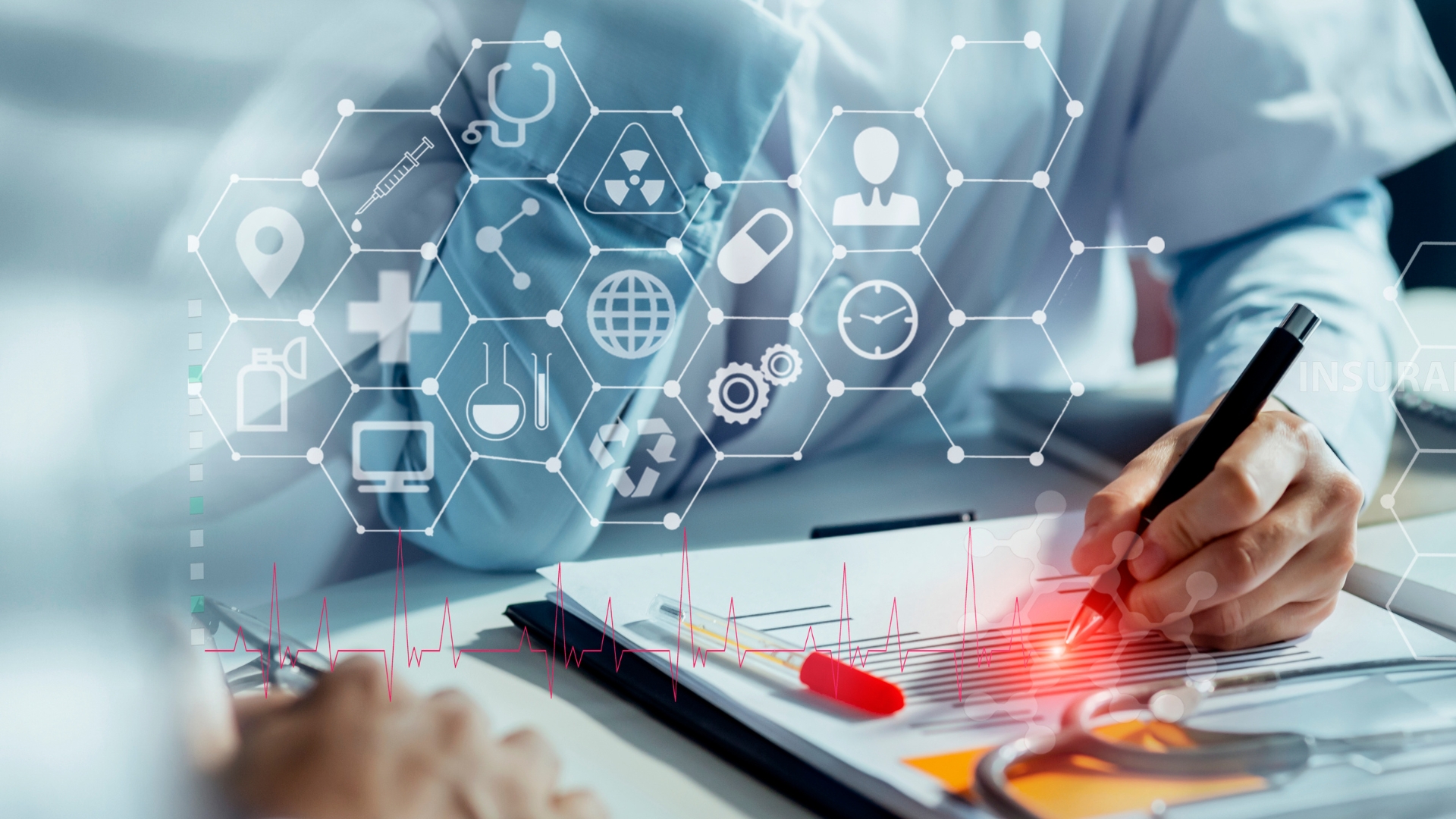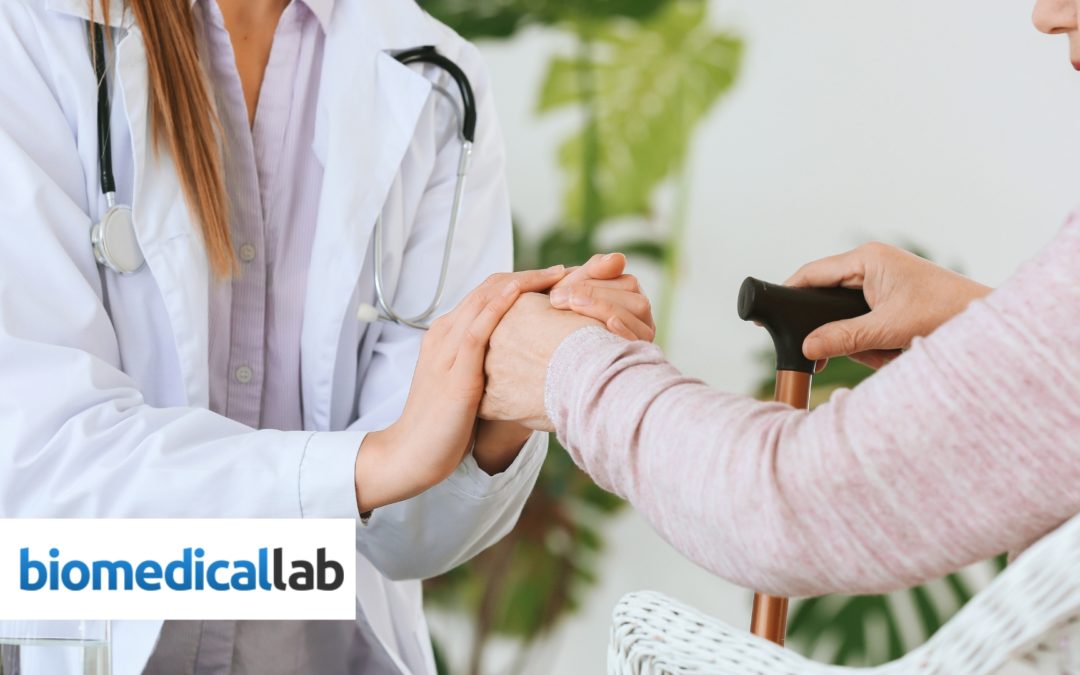In the second edition of the Health Tech of the Week series, I focus not only on showcasing Polish startups but also on inspiring international projects. One of them is Biomedical Lab s.r.l. – an Italian company founded in 2018, whose main activities are centered around the „PD-Watch” product (an acronym for Parkinson’s Disease Watch). The device detects and monitors the symptoms of Parkinson’s disease. PhD Luigi Battista, Chief Engineer at Biomedical Lab, explains how it works and what its creators aim to change in the way care is provided to patients.
What were the beginnings of your company and what inspired you to get involved in creating telemedicine services?
L.B.: We have developed the PD-Watch, a solution for Parkinson’s disease aimed at addressing the challenges in managing patients. Specifically, our monitoring solution meets the need to provide a more comprehensive view by offering information on the patient’s health status 24/7, enabling doctors to make informed decisions. Our diagnostic solution, on the other hand, is designed to identify signs of the disease early on, allowing for a more timely approach to treatment.
What distinguishes your company from other telemedicine service providers?
L.B.: We have put significant effort into developing methods characterized by high diagnostic accuracy. While it is now possible to collect data through wearable systems, analyzing this data and providing useful information for diagnostic and therapeutic purposes is much more complex. To address this, we have developed an innovative processing system that allows for better distinction between physiological
and pathological movements.

How can new technologies help patients with Parkinson’s disease?
L.B.: Current technologies have the potential to significantly improve the health of patients with Parkinson’s disease in various ways. They offer support for earlier diagnosis and more comprehensive monitoring, which can extend over longer periods of the year rather than being limited to hospital visits. The idea is to use Parkinson’s holters in the same way cardiac holters are used—to provide valuable information that can refine therapy and help patients spend more time in a normal motor state. Additionally, the development of new therapies is crucial, and I know that various studies are underway globally. I believe that these solutions can greatly benefit from the contributions provided by monitoring technologies, similar to what is being done in adaptive Deep Brain Stimulation.
What challenges have you encountered while introducing innovative telemedicine solutions?
L.B.: In the development of new technology, particularly one based on telemedicine, there are significant challenges. Beyond creating the technical solution, it is essential to demonstrate accuracy, validity, usefulness, and the ability to meet emerging needs and gain widespread adoption among users, all while considering ethical and legal aspects.

How does the development of artificial intelligence affect telemedicine?
I believe that artificial intelligence can bring significant improvements to both telemedicine-based services and traditional healthcare services. Many systems have the potential to greatly enhance performance. However, I think it is essential to consider two important aspects when utilizing these solutions. First, transparency with the patient, who must always be informed about the use of AI-based solutions and how they operate. Second, the involvement of healthcare professionals in critically evaluating the results provided by AI-based solutions, recognizing them as valuable support tools rather than replacements for the professional’s judgment.
Biomedical Lab continues to seek new ways to develop its solutions and create new ones. In addition to the PD-Watch, which records motor symptoms in patients with Parkinson’s disease in both early and advanced stages, the company is also developing a diagnostic tool aimed at predicting the onset of Parkinson’s disease, allowing for a quick diagnosis using digital biomarkers. Processing methods for symptoms in diseases such as Essential Tremor and Huntington’s chorea are also in the research phase.
–
I invite you to continue following the „Health Tech of the Week” series, where we will uncover more fascinating stories from the world of medical technologies that are changing the face of healthcare. If you are leading an innovative project in the field of new technologies and medicine, or would like to recommend an interesting solution, feel free to contact us at: [email protected].
Why do we focus on balance? How mental health is gaining value
In the "Health Tech of The Week" initiative, I discuss health comprehensively, emphasizing the importance of a holistic approach to individuals....
Cognitive Behavioral Therapy from Home Instead of the Office
They’ve moved therapists and patients in front of a computer screen, increasing access to therapy and mental health support—without losing its...
Technology Guarding the Lives of Newborns: Polish Startup Wins the Mother and Child Startup Challenge 2024
On November 27, 2024, Warsaw's Capitol Theatre hosted the grand finale of the third edition of the Mother and Child Startup Challenge—one of the...




